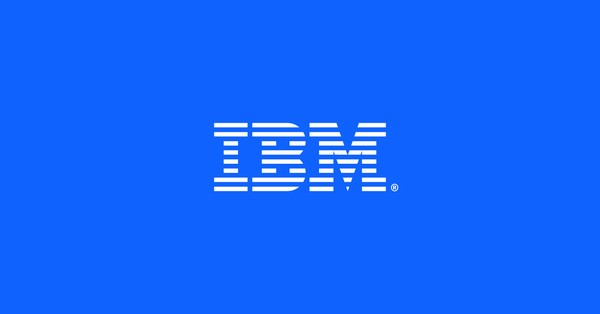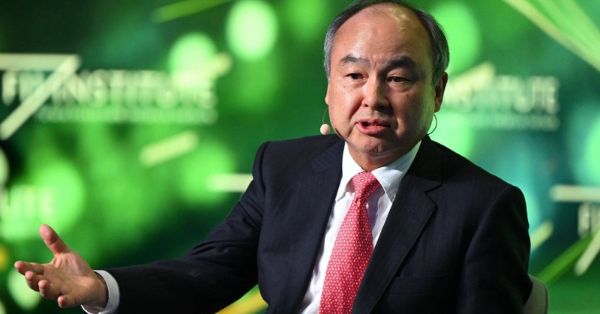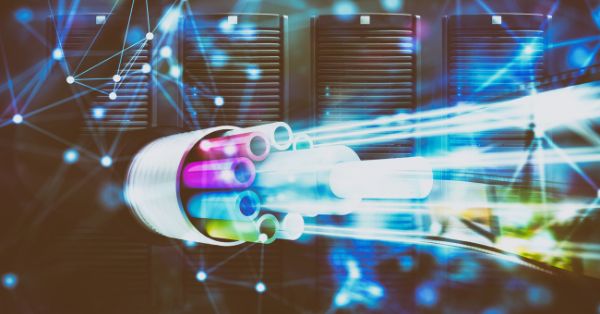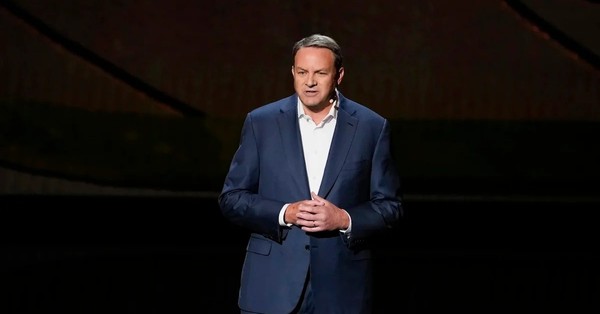Artificial Intelligence (AI) dominated discussions at the World Economic Forum (WEF) in Davos, reflecting its growing impact on industries, economies, and global governance. Key topics included AI agents, governance challenges, and China’s AI advancements. Meanwhile, AI is also expected to take center stage at Mobile World Congress (MWC), where major players will discuss its role in telecommunications, security, and business transformation.
China’s AI Challenge: DeepSeek and the Future of AI Leadership
Chinese AI startup DeepSeek made headlines with its latest model, challenging long-held assumptions about AI development. Analysts noted that its performance raises questions about:
- The U.S.’s continued AI leadership over China.
- Whether proprietary AI models have a real advantage over open-source alternatives.
- The necessity of high-end AI chips and massive data centers to drive AI progress.
DeepSeek’s success fueled debates about how AI development is evolving and its impact on major chip manufacturers, such as Nvidia. Some argue that despite DeepSeek’s innovations, Nvidia and other chipmakers will continue to thrive due to increasing AI model complexity and the demand for network automation.
AI Agents and Automation: The Next Big Disruption
AI agents are emerging as a transformative force across industries. At Davos, Salesforce CEO Marc Benioff revealed that his company is so focused on AI agents that it nearly rebranded to “Agentforce.” Salesforce has already deployed agents at London Heathrow Airport to manage tasks like gate changes and passenger assistance, while internally, AI-driven automation resolves 83% of customer queries without human intervention.
Beyond Salesforce, AI chip startups like SambaNova and Groq emphasized that AI agents require optimized hardware for efficiency. SambaNova claims its chips can execute AI models up to 100 times faster while using only a tenth of the power of Nvidia’s GPUs. Similarly, Groq predicts AI adoption will accelerate as computing efficiency improves, leading to greater overall demand for AI processing.
The MWC panel on “Agentic AI and the Rise of the Post-Web Era” will explore how AI agents could reshape digital interactions, potentially altering how businesses operate and how users engage with information online.
AI Efficiency vs. Demand: Why Faster AI Means Greater Adoption
A recurring theme at Davos was Jevons Paradox, which suggests that as technology makes processes more efficient, total resource consumption increases rather than decreases. In the AI space, this means that while innovations like DeepSeek and AI-optimized chips make AI inference more efficient, businesses will deploy AI models more broadly—ultimately driving up demand for computing power.
At MWC, the session “Inference Across the Network: Opportunities for Growth?” will dive deeper into how AI inference is evolving and its impact on telecom networks and enterprise AI adoption.
AI Governance: Who Sets the Rules?
As AI becomes more powerful, concerns about governance and ethical implications grow. At Davos, AI experts, including Yoshua Bengio and Demis Hassabis, warned that AI agents pose unique risks when they gain the ability to take independent actions in the real world. Bengio argued that AI models can deliver value—such as discovering new drugs or advancing network security —without needing full autonomy.
The debate over AI regulation continues as governments struggle to keep pace. While some advocate for international AI governance, recent policy shifts, such as President Donald Trump’s repeal of the previous administration’s AI executive order, indicate that regulatory approaches may vary significantly by country.
This discussion is also planned at MWC’s “AI Governance: Who Sets the Rules?” panel, where experts will explore regulatory frameworks for AI in telecom, cloud computing, and enterprise applications.
AI and Telecommunications: MNOs’ Strategies for AI-Powered Growth Opportunities
AI’s role in telecommunications is a major focus at MWC, where mobile network operators (MNOs) will explore its potential in B2B services. Sessions such as “AI Beyond Boundaries: MNOs’ B2B Opportunities in the AI Era” will highlight how telcos can leverage AI for private networks, automation, and edge computing.
Another key session, “Are Telcos Behind the AI Curve?”, will examine whether telecom companies are keeping pace with AI-driven transformations or if they risk falling behind more AI-native enterprises.
On-Device AI vs. Cloud AI: Is Local Processing the Future?
A shift toward on-device AI is gaining traction as companies explore ways to reduce reliance on cloud-based models. On-device AI could improve privacy, lower latency, and reduce energy consumption.
At MWC’s “On-Device AI: Is It Time to Go All-In?” session, experts will discuss the feasibility of moving AI processing from large data centers to edge devices, such as smartphones, IoT devices, and smart city (learn more) infrastructure.
AI Security Risks: Can Cyber Defenses Keep Up?
As AI adoption accelerates, concerns about cybersecurity grow. At Davos, AI experts highlighted that sophisticated AI models could enable more advanced cyberattacks, requiring enhanced security measures.
At MWC, the “Will AI Outpace Our Security Defenses?” panel will discuss how AI-driven threats are evolving and what businesses can do to stay ahead. With AI being used both defensively and offensively in cybersecurity, industry leaders will explore strategies for securing telco cloud environments and protecting AI-driven systems.
AI in Business: Profitability and Ethical Intelligence
Businesses are increasingly focused on AI’s return on investment. At Davos, AI expert Andrew Ng stressed the importance of workforce training, stating that companies should focus on AI’s impact at the task level rather than attempting to automate entire jobs.
At MWC’s “Increasing Profitability: Real AI Success Stories from Telecom Business Leaders” panel, industry executives will share how AI is driving revenue and efficiency in telecom. Meanwhile, the session “Building Ethical Intelligence” will explore how companies can balance AI-driven innovation with ethical considerations.
AI’s Next Decade: How It Will Reshape Society and Business
The rapid advancements in AI technology raise both excitement and concerns about its long-term implications. The MWC keynote, “The AI Frontier: Transformative Visions and Societal Impact,” will bring together leading AI minds to discuss where AI is headed and how businesses, governments, and individuals should prepare for the next wave of innovation.
With AI dominating both Davos and MWC discussions, one thing is clear: AI is no longer a future trend—it is reshaping industries and economies in real-time. As businesses and policymakers navigate this transformation, balancing innovation with responsible AI governance will be key to ensuring a sustainable AI-driven future.







































